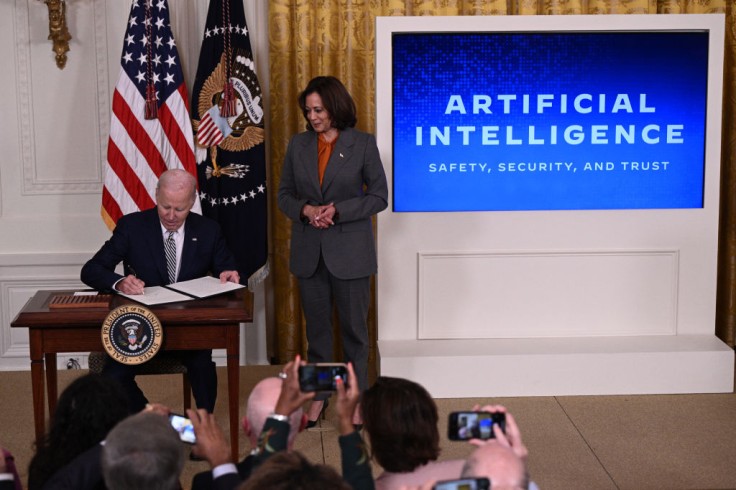AI lobbying reached a new peak last year as more tech firms made their way to government offices amid increasing calls for regulation on the technology.

In a federal lobbying disclosure obtained by CNBC, 2023 has recorded 158 organizations lobbied to executive and legislative branches, a 185% spike from the previous year.
Among the lobbyists were prominent Big Techs and AI start-ups, such as OpenAI, Tesla, Spotify, NVIDIA, Pinterest, DoorDash, Samsung, TikTok owner ByteDance, and many more.
However, other institutions like pharmaceuticals, insurance, finance, academia, telecommunications, and transportation have also solicited the government in regards to AI.
The reported total spending is estimated to be more than $957 million.
The number of AI lobbyists has exponentially increased since 2017 following the initial AI boom with the list jumping from single digits up to hundreds of names.
US Gov't Raises More Regulations on AI
The increase in AI lobbyists can be pointed to the US agencies taking more steps to regulate the technology.
The previous year has seen more publications, artists, and companies filing copyright lawsuits against AI firms.
The US Federal Trade Commission has also started becoming more involved in the matter of how the rise of technology could affect the labor market and anti-trust policies in the country.
Then just last October, President Joe Biden issued an executive order on "consensus-based standards" for AI applications and its impact on the US.
Silicon Valley Intent to Sway Gov't Decisions on AI
The US Department of Commerce's National Institute of Standards and Technology has already started collecting public documents from affected companies to shape the rules.
A report from Bloomberg in September suggests that tech companies are building an organized effort to sway state governments away from new regulations that could hinder their businesses.
With Silicon Valley ramping up AI development and distribution during the past months, AI lobbyists are expected to further increase this 2024.
Related Article : AI May Be Humanity's Last Invention, Former OpenAI Exec Says









